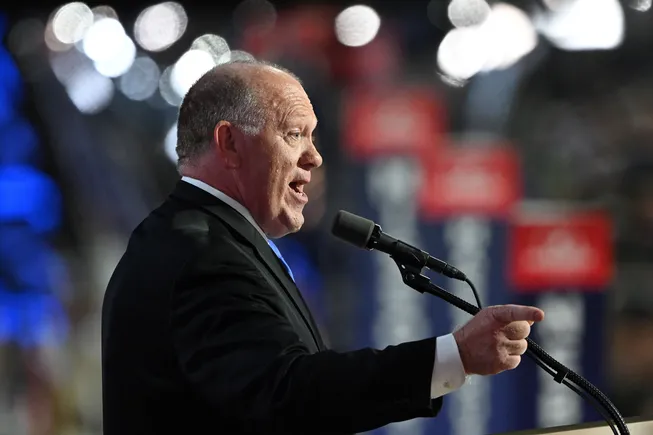Inside and outside of the workplace, diversity, equity and inclusion initiatives have increasingly gotten a bad rap. Elizabeth Crofoot, a senior economist at Lightcast, gave HR Dive quantitative information to support that: Since a peak in August 2022, the overall share of DEI job postings has steadily dropped.
“Job posting demand for diversity roles has been declining very rapidly since its peak in August of 2022 and specifically it fell about 43% through July 2024,” Crofoot said, adding that some companies have axed their DEI roles. (See: Google, Meta and Zoom over the past year.)
Lightcast also found that DEI professionals appeared to stay in their roles for a shorter amount of time compared to other types of HR positions.
Elizabeth Crofoot, senior economist at Lightcast
“And that makes sense in this environment, where this has become a very stressful position, right? There’s internal politics, external politics, demands from consumers,” Crofoot said. She also noted that only 36% of people who were a director or manager in a DEI department between 2020 and 2022 were still in that role as of July 2024.
Crofoot called it “disheartening,” because this trend indicates that either the roles are being eliminated or that employers are experiencing high turnover in these roles due to many stressors.
But two questions remain: Why is this happening? And should employers be worried?
The cyclical nature of DEI work
“These positions tend to be cyclical,” Crofoot said, citing economic boom and when “there’s a lot of money in the coffers for these types of initiatives.”
This observation reflects consistent reports over the past year: A 2023 report from Monster suggested that DEI is the first to go during economic squeezes. Last year and this year, labor experts have spoken about the shifting face of DEI.
Along with money, interest shifts “when there are historic events such as [the] Black Lives Matter [movement] or after the murder of George Floyd,” Crofoot said. “Obviously this is something that came to the limelight and companies started investing more heavily. But you know, trends change, funding changes, and all of a sudden you’re finding that you’re shedding these type of workers and these initiatives that go along with it.”

Cristina Jimenez, senior partner and global head of belonging at RHR International
Cristina Jimenez, senior partner and global head of belonging at RHR International, previously told HR Dive that employers committed to DEI should not read too much into these changes — including major companies cutting their diversity and initiative programs.
Often there are unseen factors that go into these decisions; for example, in the case of Microsoft, a spokesperson told HR Dive that the cuts happened due to a redundancy on the events team. Likewise, Jimenez said that sometimes, companies are recommitting to DEI, but in ways that look unexpected.
Resisting a fluid political landscape
The changing landscape of DEI — including political resistance to diversity and inclusion, and backlash to the backlash — has made the work of its professionals more challenging. Jimenez also noted that the presidential election is an external factor that is “very much on people’’s minds.”
Jimenez said, “If I look to the future in an ideal world, you would have businesses who would say, [who gets elected president] doesn’t matter to me when it comes to belonging and equity, because it is central to who we are.” Ideally, “Mickey Mouse could get elected and it wouldn’t make a difference,” she said.
From her perspective, “the best programs are resistant to political, social, environmental challenges that are constantly going to bombard an organization.”






Leave a Reply